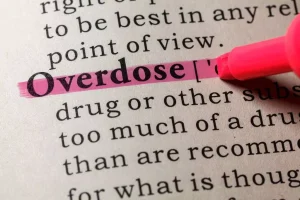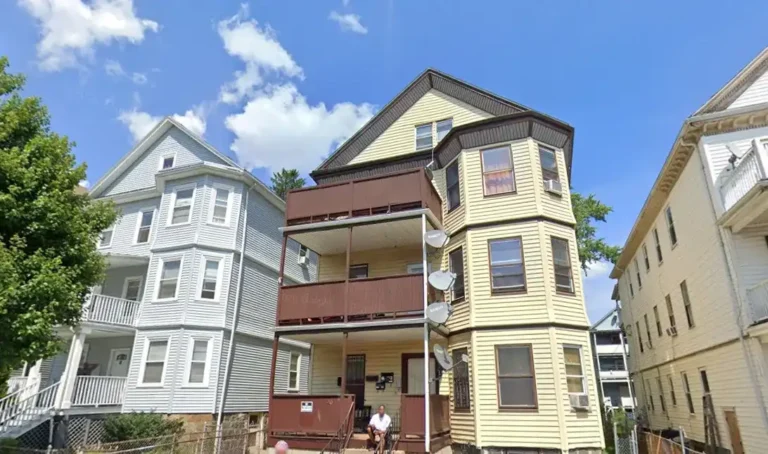Спасибо за письмо

Humans are innately social creatures that need to be around other people that share the same goals and interests. These responsibilities not only promote discipline but also rebuild your confidence and self-esteem as you take tangible steps towards rebuilding your life. Moreover, the structured environment helps to gradually reintroduce you to the challenges and stressors of daily life, but in a way that doesn’t overwhelm you.
Because many individuals want to belong, being a part of a sober group can increase your confidence and self-esteem in your interpersonal relationships – it bestows a feeling of acceptance. You can also become more confident in your recovery because you know you have the support needed. While many believe that recovery is a personal journey, that is not the whole truth. You cannot maintain your sobriety or expect to recover without the help and support of others along the way. This is why it is vital to develop a sober support network throughout your recovery journey.
If you feel this way, it’s important to remember that this is exactly what you asked for. Even if you have to step a little bit outside of your comfort zone, remember that this is probably going to help you grow. Anytime somebody offers to help you, even if you are not expecting it, do your best to seize the opportunity. One thing that’s important in any of these situations is to take your time connecting with people. You can’t be certain that everyone in your new class is sober, and most likely, few people are in recovery or familiar with how to assist people in recovery.
Often the structure and routine of treatment programs help keep folks sober, and risking the loss of that when completing the program can be a threat to your recovery. Some people in recovery find that having just a handful of people to lean on sober network helps and having a loved one. Building a support network will help to reconnect you with your community and avoid relapse. Learning how to connect with loved ones and make new friends is one of the best things for anyone who is in recovery.

According to a 2010 article published by the American Psychiatric Association, research indicates that substance use — among other health habits — may “spread” through social networks. However, some people may have been encouraged to use substances by the people around them, including friends and family. Use of this site constitutes acceptance of Sober Recovery’s “Terms of Use”, “Privacy Policy”, “Cookie Policy”, and “Health Disclaimer”. The material on this site is for informational purposes only, and is not a substitute for medical advice, diagnosis or treatment provided by a qualified health care provider. Club Soda bills itself as the “Mindful Drinking Movement” and was designed for those who want to cut down, stop briefly, or quit drinking altogether. It offers a “How to Drink Mindfully” program and also a one-month reset refresher course.
In addition to 12-step and alternative recovery programs, there are a number of support groups that are less structured. These programs are often considered a first-line treatment for people in recovery. AA members typically attend face-to-face meetings where members share their experiences and discuss their progress through the steps. Some of the most well-known recovery support groups are 12-step programs, such as Alcoholics Anonymous (AA). For personal support systems, it may be a good idea to spend a little time thinking about the people in your life whom you trust as a source of support.

In many cases relationships with family members are cited as the cause of substance abuse, so it’s important to choose the family and friends that are permitted into a support network carefully and honestly. If you’ve been in recovery for any amount of time, you’ve probably heard of a “sober support network”. Essentially, a sober support network is a group of people you can rely on to support you in your recovery.

Спасибо за письмо
Спасибо за подписку